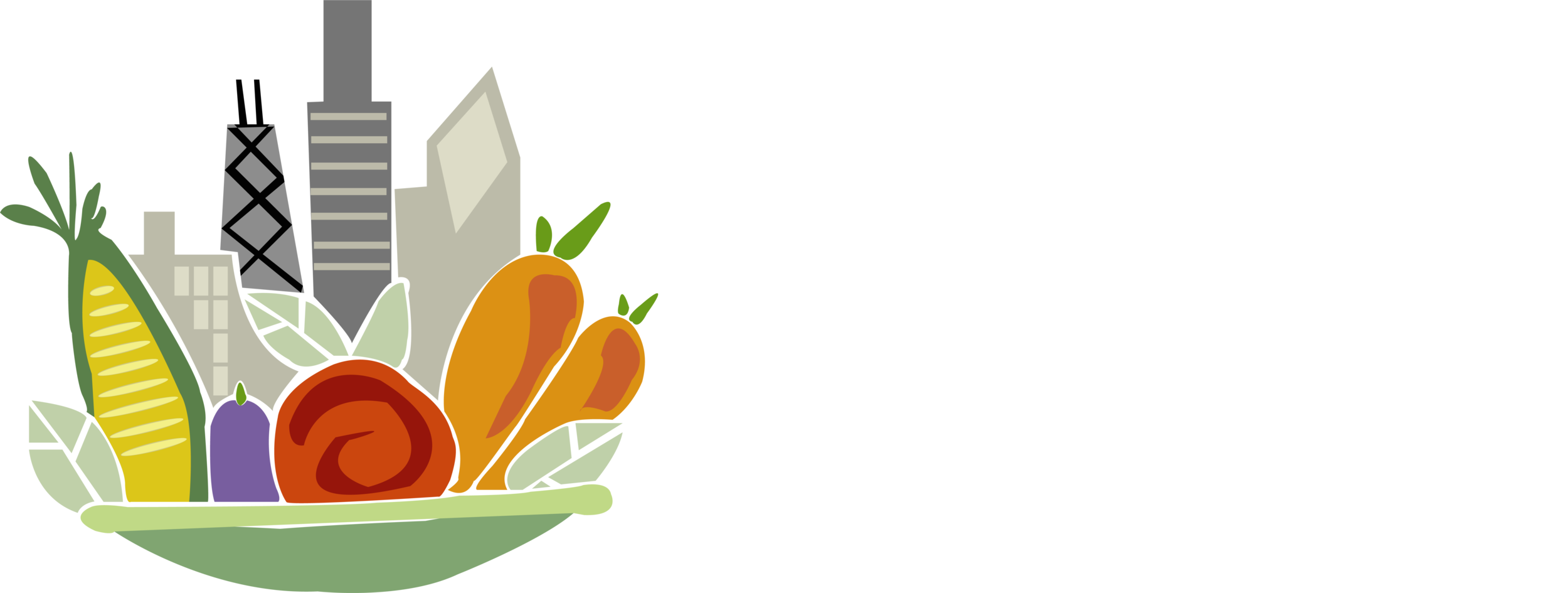Street Vendors Association of Chicago
The Street Vendors Association of Chicago (“SVAC”) works to advocate on behalf of and support a network of street vendors throughout Chicagoland, providing entrepreneur mentorship, employment, and food sovereignty resources. SVAC fights for an inclusive economy by organizing street vendors to build political and economic power without fear of police harassment, excessive fines, and discrimination. Subsequently, SVAC led the campaign to push Chicago’s City Council to legalize street vending in 2015. SVAC played a crucial role in the passing of the Limited Worker Cooperative Association Act, which enables worker-owned cooperatives to register as business organization in Illinois. SVAC has been distributing free meals since 2017.
Mission
To carry out a network of food vendors in order to improve the quality of life as street vendors by providing resources and opportunities for food and employment sovereignty to increase social equity.
Vision
To maintain the right and justice of street food vendors, lobbying for laws which improve the rights of minority commerce. Creating and building infrastructure services which enable members to have a better quality of life. Promoting self-employment and productive development, such as improving health benefits.
Service
Prepare tacos, tamales, fresh-cut fruit and other goods and sell either as independent street vendors or collectively for larger catering orders.
“We’re grateful that the micro grant program provided the opportunity to prepare meals and pay street vendors during the winter months. We were able to bless a lot of people with hot meals.”
Microgrant Program Impact
Throughout the program, SVAC provided hot meals and nutrition education by developing new relationships with partners located primarily in the Blue Island community. Examples of the meals provided included tamales (with vegetarian, vegan, chicken, and pork options), rice, salad, soup, fresh fruit, elote, and drinks such as aguas frescas, horchata, and champurrado. Resources provided with meals covered a range of topics including nutritional facts pertinent to cultural staples, various alternatives to unhealthy food preparation methods, and alternative ways of cooking using various oils and oil substitutes.
Special Thanks to Photographer Blake Bonaparte (@ayeee_itsblake), Brittany Wright of Yo’ Little Business, Southland Development Authority, Real Foods Collective, and UI Extension - Local Food Systems & Small Farms Team
This program is supported by the Centers of Disease Control and Prevention of the U.S. Department of Health and Human Services (HHS) as part of a financial assistance award totaling $25,214,437 to the Cook County Department of Public Health with 100 percent funded by CDC/HHS. The contents are those of the author(s) and do not necessarily represent the official view of, nor an endorsement by, CDC/HHS, or the U.S. Government.





